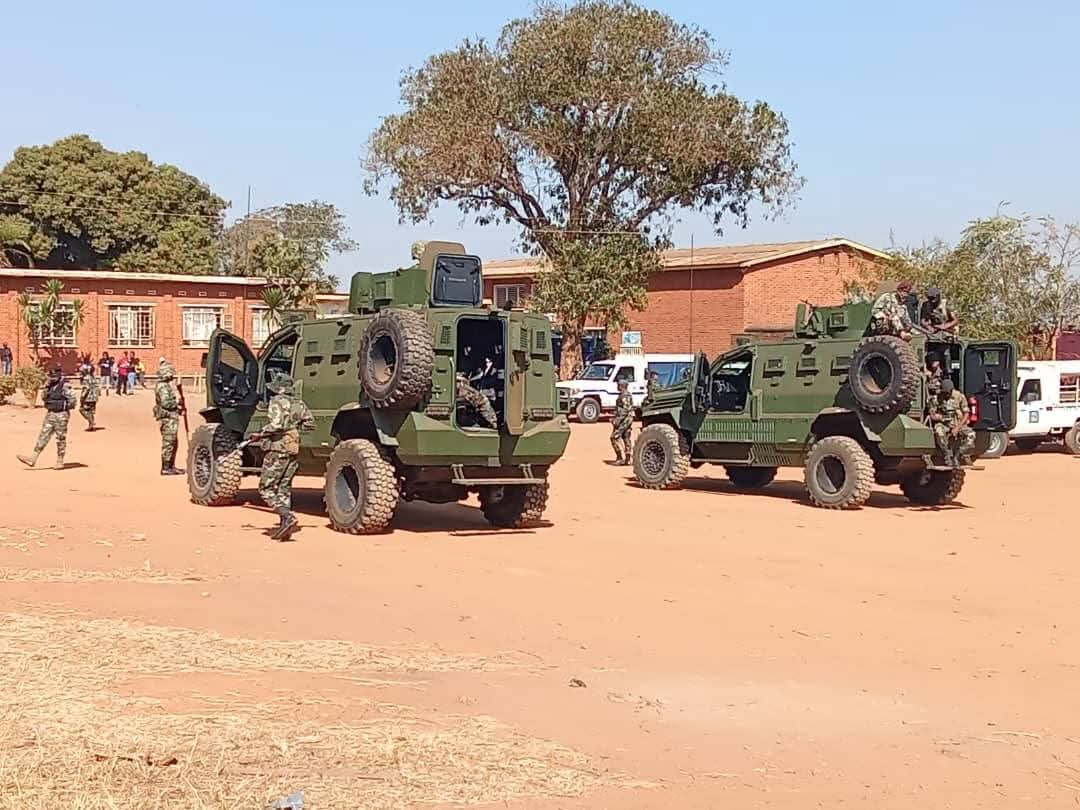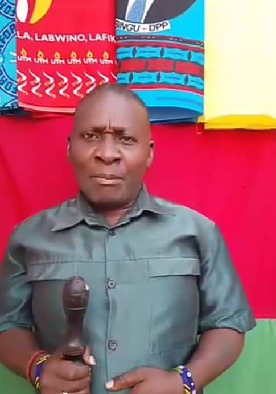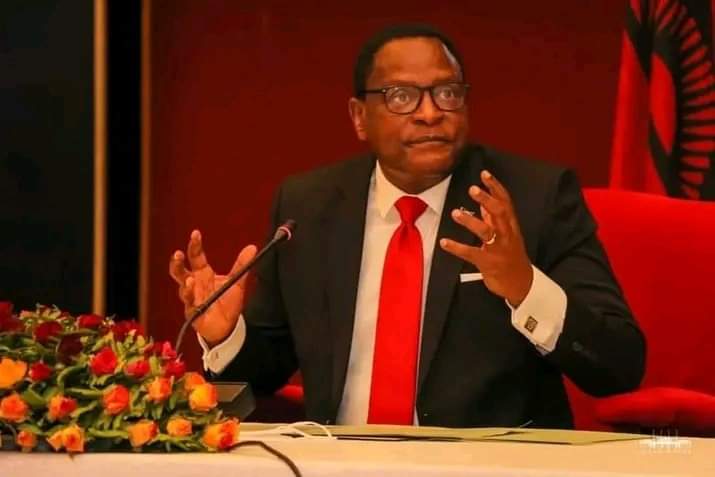By Burnett Munthali
The Malawi Police Service has once again shown a disturbing level of incompetence and indifference in the face of blatant political violence.
During the recent anti-Smartmatic demonstrations in Lilongwe, Sylvester Namiwa, a prominent civil rights activist and leader of the Centre for Democracy and Economic Development Initiatives (CDEDI), was savagely beaten by unknown thugs.
This violent incident occurred in full view of police officers who were deployed to maintain law and order during the protest.
Shockingly, these officers stood idle and did absolutely nothing to stop the attack or protect Namiwa from harm.
Such passive behavior from law enforcement is not only disappointing but a serious betrayal of their constitutional duty to protect life and uphold public safety.
The fact that uniformed officers witnessed this act of brutality and failed to intervene raises troubling questions about their professionalism, integrity, and political neutrality.
This was not a case of chaos erupting unexpectedly—police were visibly present, yet they chose silence and inaction over duty and justice.
Allowing a citizen to be violently assaulted while under the supposed watch of security forces is both a scandal and a disgrace.
This was not just an attack on an individual—it was an attack on Malawi’s democracy and the right to peaceful protest.
By standing aside as political thugs took the law into their own hands, the police effectively endorsed violence and undermined the rule of law.
Their failure to act sends a dangerous message that certain individuals or groups can harm others with impunity, especially if the victims are perceived to be critical of those in power.
The Malawi Police Service must be reminded that their allegiance is to the Constitution, not to political expediency.
They exist to serve and protect all Malawians, regardless of their political or ideological affiliation.
This shameful episode demands immediate action—an independent investigation must be launched to establish why the police failed to respond and to identify any officers who may have acted out of bias or dereliction of duty.
Those responsible for the attack on Namiwa must be brought to justice, and the officers who failed in their duty must be held accountable.
If the police cannot guarantee safety during public demonstrations, then they have no moral authority to exist as a security institution.
Malawians deserve a police service that is impartial, brave, and committed to upholding justice—not one that cowers in the presence of political thuggery.
The silence of the police in the face of such blatant violence is a loud indictment of a broken system that continues to fail the people it is meant to protect.
This incident must serve as a wake-up call: reform is not optional, it is urgent.
Without decisive change and accountability, the Malawi Police Service risks losing all public trust and becoming irrelevant in the eyes of the very citizens it is mandated to serve.




